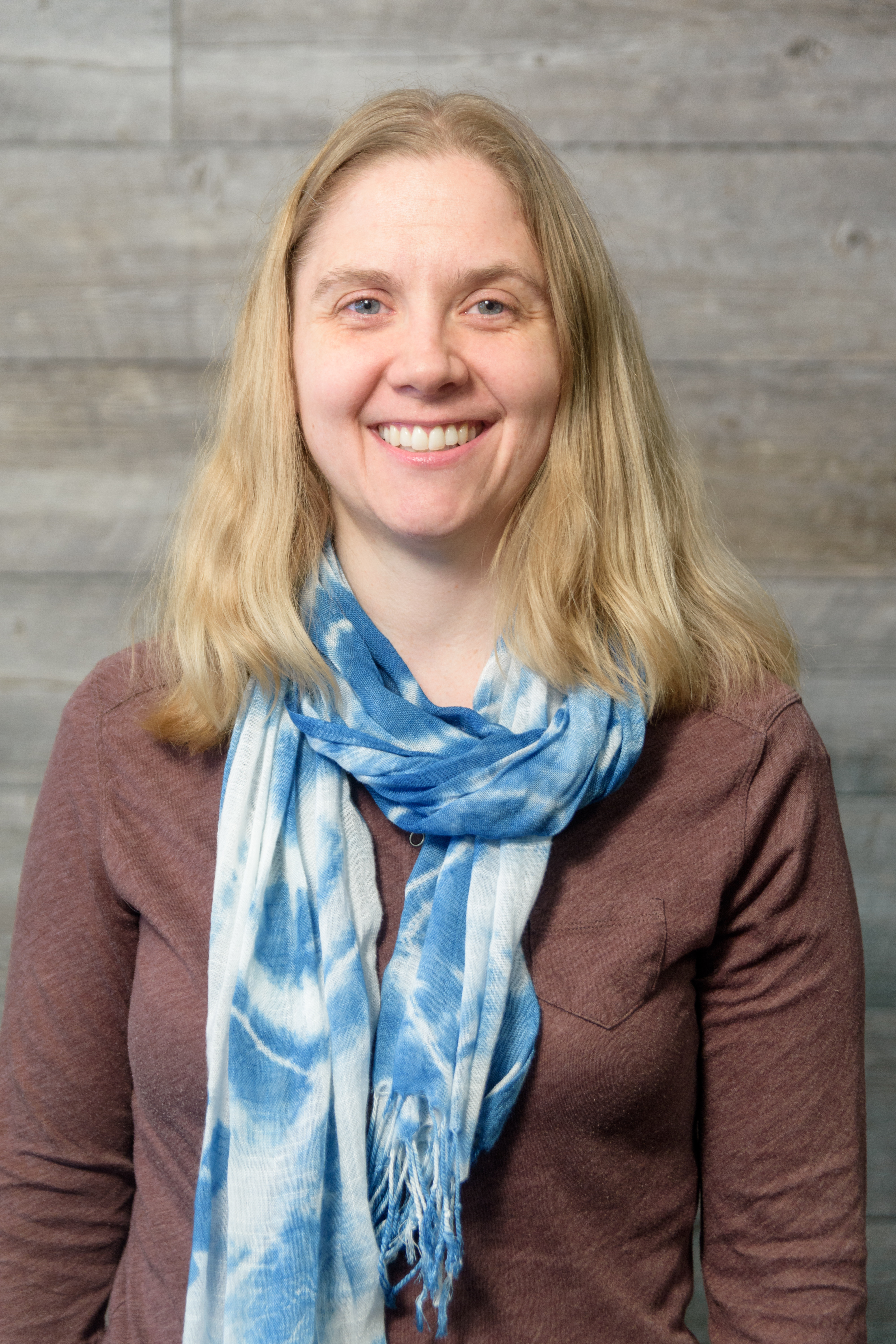Where are they now?
|
More AlumniKathryn BerlinAndres E. Carrillo Aleda Chen Krista Cline Katie Hill Gallant Megan Gilligan Kimberly Hurley Heidi IglayReger Jessica Kelley Seoyoun Kim Min-Ah Lee Mary Marshall Megan MacPherson Lauren Parker Lindsay Pitzer Markus Schafer Jori Sechrist Amber Seidel Tetyana P. Shippee John Spruill III April J. Stull Anusha Sundarrajan Roland J. Thorpe Kyle Timmerman Nicholas Turiano Lori Ward Oliver Wendt Lindsay Wilkinson Tim Wright |
Amber Seidel, PhD ('12)Amber Seidel received her bachelors in Marriage, Family, and Human Development from Brigham Young University, her masters in Sociology at Eastern Michigan University, and completed her dual-title PhD with Human Development and Family Science and Gerontology at Purdue University. She has been active in the National Council on Family Relations (NCFR), serving as the co-chair for the Issues in Aging Focus Group as well as the student/new professional representative, secretary, and now the chair-elect for the Health and Families section. For her community work integrating older adults and students, she won the AAUW Pennsylvania Achievement Award, Community Engagement Certificate of Recognition from her local House of Representatives, and the Gateway to Equity Award from American Association of University Women. Her research interests include the bi-directional effects of relationship interactions on health management as well as families experiencing other chronic stressors such as chronic illness or poverty. Amber is an Associate Professor of Human Development and Family Science with Pennsylvania State University on their York campus. One thing she likes about working there is that it is one university, geographically distributed, which means she is working with HDFS faculty from all the campuses, which provides great research and teaching resources. What do you remember best about your time in the Gerontology Program?I think the best part was the professional and personal support that I received from the faculty at Purdue and when we all attended GSA together. I wish every grad student could have the experience I did with the CALC program. I learned so much that I wouldn’t have learned being in a single department. It was definitely worth the extra courses and time. Who were your mentors and what attributes did they have that helped you?My official advisor was Melissa Franks. She shepherded me through the process of graduate school, research, and life in general. Two of her constant reminders that I still hear regularly in my head are, “Remember to secure your own mask before assisting others” when I would volunteer a lot in the community. And “Even if a manuscript gets rejected, we want them to say that it was ‘well-written’” when I was tired of revisions. I’m grateful for both of these lessons and they served me well on the tenure-track. So many faculty took time to mentor me during my time at Purdue. I often tell people that I could not have succeeded as a mother of young children with a husband pursuing a PhD simultaneously without the amazing support of my mentors and the CALC program. Many faculty including Ken Ferraro, Laura Sands, Karen Fingerman, Jill Suitor, and Shelley MacDermid Wadsworth provided a support system of understanding and guidance so that I could “do it all,” each one giving support at a different time or place, giving exactly what I needed when I needed it. How did you get interested in aging?I often tell people that if you looked at my resume, you’d think I always knew I wanted to study aging. As an undergrad, my summer employment was either in the health arena or working with older adults. During college, I worked as a teacher for retirees on how to prepare to be volunteers around the world. However, I was not aware when I applied to Purdue that the Center on Aging and the Life Course was there, and I was not aware that my research interests in adult families meant I would be a good fit. It was in meetings with Karen Fingerman and Melissa Franks during my visit to campus in which they both asked me about gerontology. I initially responded that I didn’t see myself as a gerontologist, but they both, independently, said something like, “That’s not what it looks like to me.” I’m grateful that they could see in me what I had missed seeing in myself. I accepted the offer at Purdue and joined the dual-title PhD program shortly after arriving. What research or other experiences did you have at Purdue that helped form your current agenda?As indicated, I worked with a number of different faculty members during my time at Purdue. Splitting my time in different labs provided a great backdrop for the current work I do with community samples, and pre-existing data, and in teaching research methods. I think I participated in almost every major method of data collection. |
